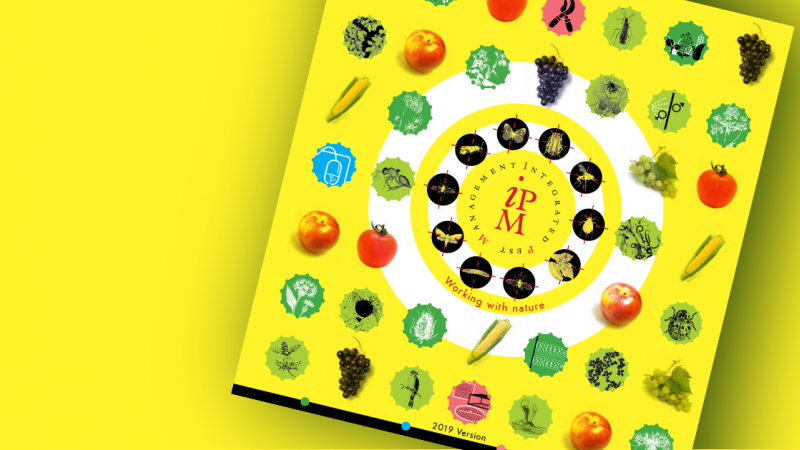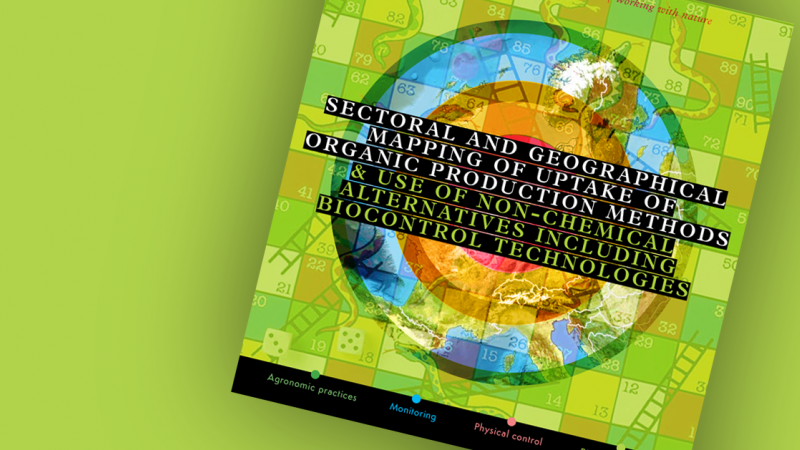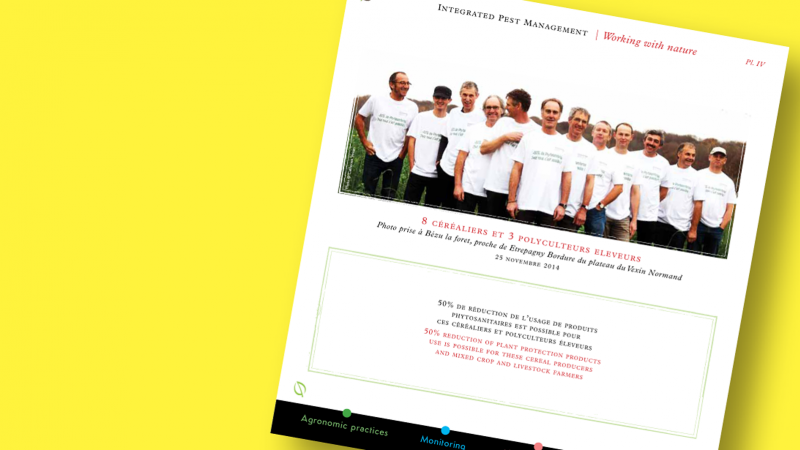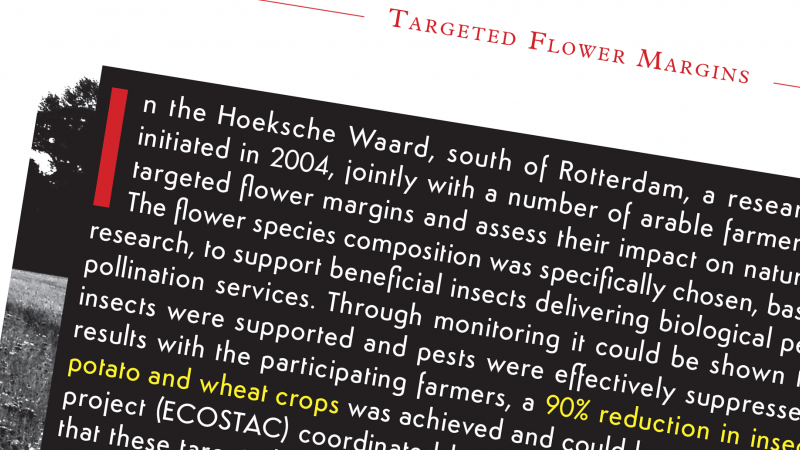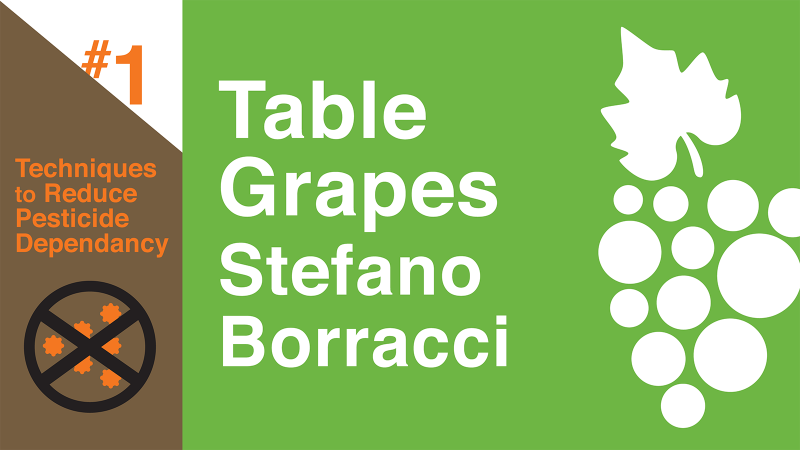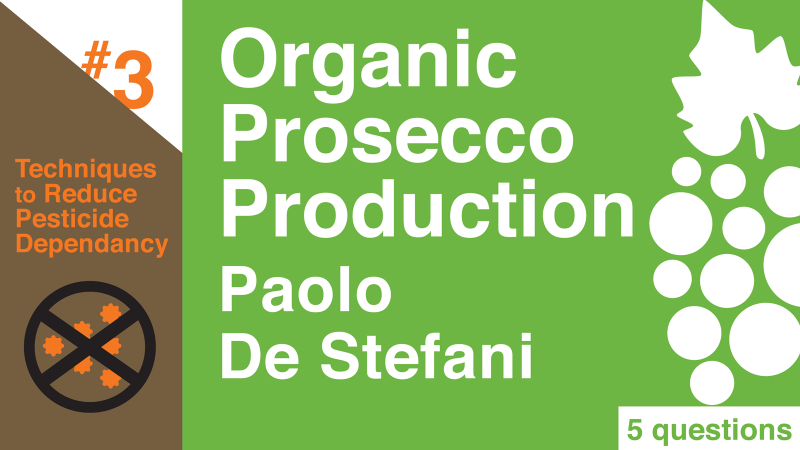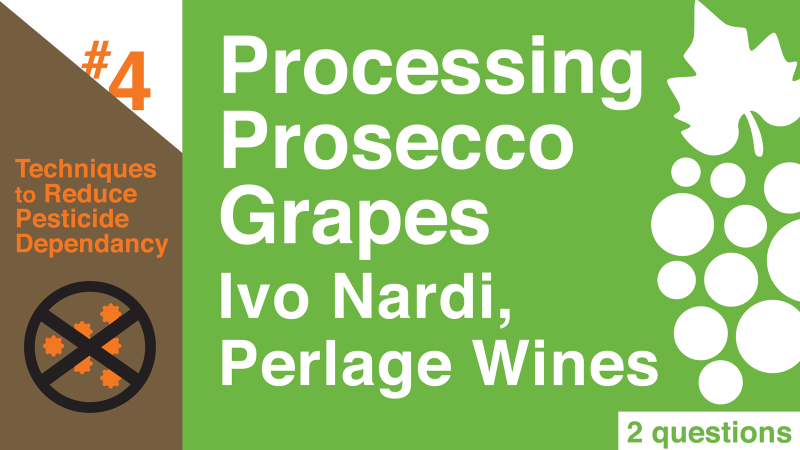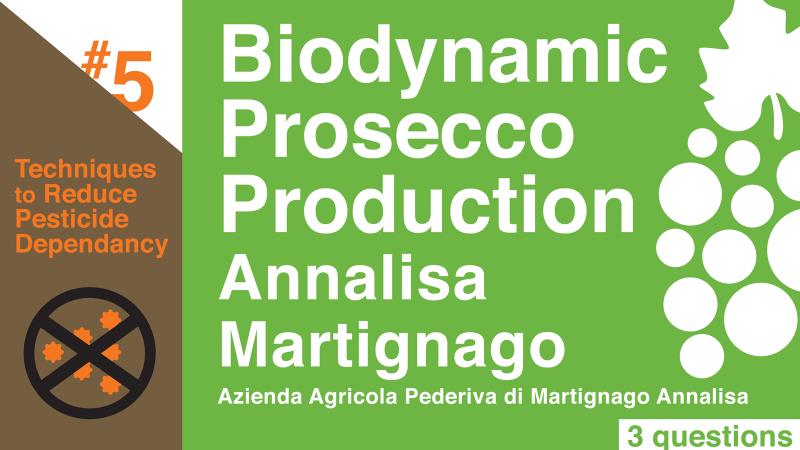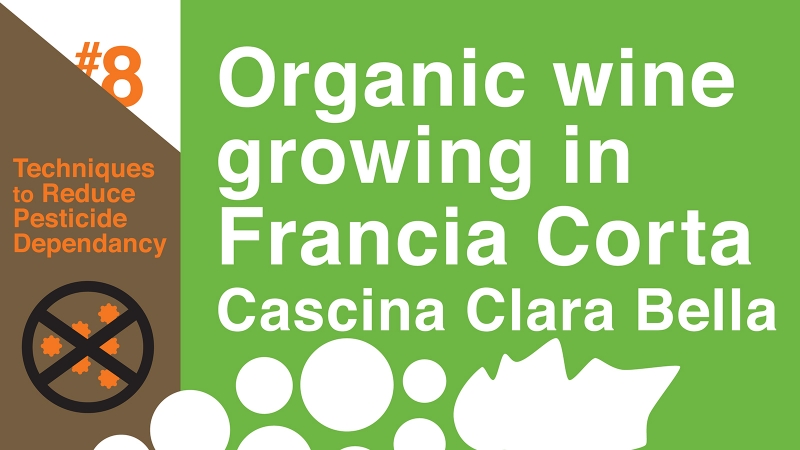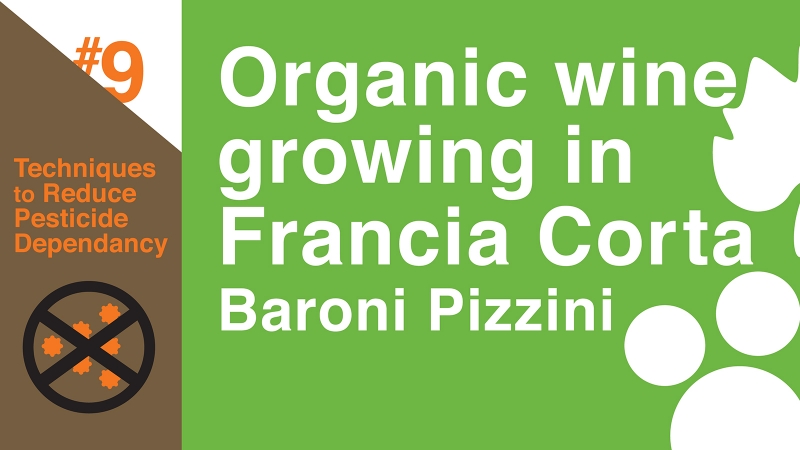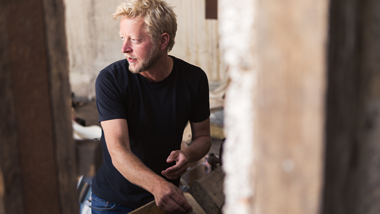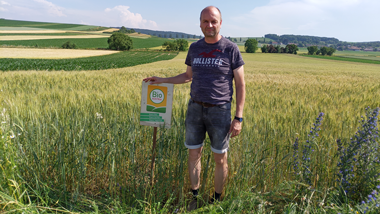Why Low Impact Farming
Low Impact Farming is an approach where farmers work with, not against nature, and where nature is integrated into farming. It uses ecosystem-based approaches often requiring more knowledge and labour per hectare than those based on chemical inputs—running contrary to monoculture and standard production.
This homepage demonstrates how these low impact farming systems are already being used across Europe. The homepage will also present PAN Europe’s position papers claiming how EU policies must change in the future to give increased attention to these systems which are able to deliver agricultural products for the market and public goods for the society.
Pesticides in Agriculture
In 2016 the total quantity of pesticide sales in the EU-28 amounted to close to 400 000 tonnes, with the huge majority used in the agricultural sector.
An increasing number of studies shows that farmers over-use pesticides and that this is happening because farmers use pesticides with the main objective of increasing yields, not to optimise overall farm profitability. This makes absolutely no sense, either for the farmers or for society at large. Time for a change!

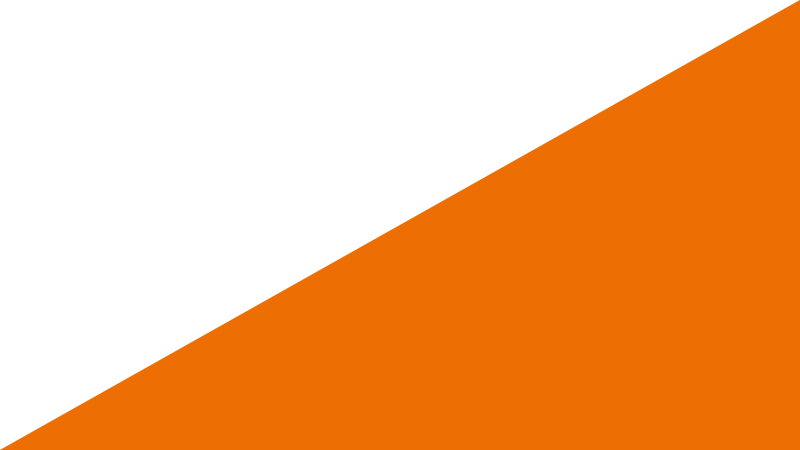
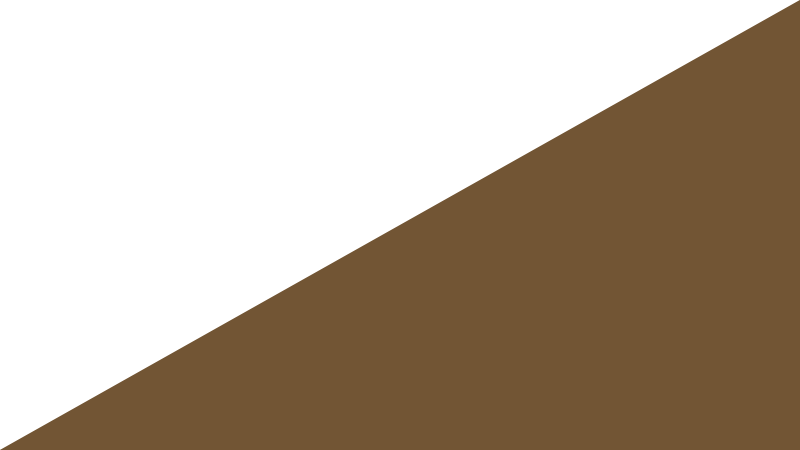


Working with Nature
IPM, if applied in combination with good agronomic practice, enables a more sustainable agriculture with less impact on the environment and biodiversity whilst yielding safe food for the growing human population. It is clearly proven that IPM is both an effective and an economic approach towards crop protection, and is able to provide food security without harming the environment, public health, and biodiversity. In terms of managing pests, diseases and weeds, at the heart of IPM lies application of agronomic techniques aimed at preventing these from building up to levels that cause economic damage to the crop. When prevention methods alone are insufficient, IPM farmers give preference to non-chemical alternatives, such as biological control of insect pests, physical trapping, mechanical weeding. IPM farmers only use synthetic pesticides as a last resort and take care to select the least toxic products and to target and apply these in ways that minimise exposure of non-target wildlife and contamination.
IPM Toolbox
PAN Europe has been developing an IPM Toolbox in order to contribute to good implementation of the EU’s Sustainable Use of Pesticides Directive. The IPM Toolbox aims to offer different techniques to replace the use of chemical pesticides in different sectors. Some techniques to reduce pesticide dependency in grape growing can be seen below.
For more examples of pesticide use reduction in wine go to our viticulture page.

